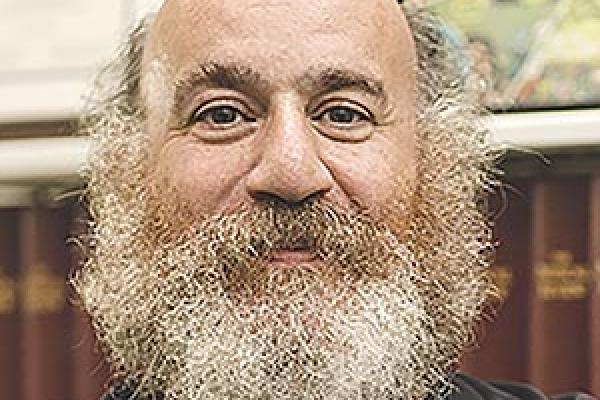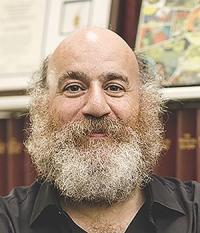
Colloquium: Prof. William Bialek, Princeton University
John Archibald Wheeler/Battelle Professor in Physics and the Lewis-Sigler Institute for Integrative Genomics. Director Thomas D. Jones Professor of Mathematical Physics Program in Biophysics. Associate Director
Ambitions for theory in the physics of life
Event Details
- Date: August 27, 2024
- Time: 3:45 - 4:45 PM
- Location: 1080 Physics Research Building
- Faculty Host: Lou DiMauro

Abstract: Can we have a theoretical physicist’s understanding of life that has the generality we expect in physics yet engages with the myriad details that are characteristic of biology? The improved quality of data on these complex systems demands more ambitious theorizing. I’ll describe two approaches: First, methods inspired by the renormalization group reveal the emergence of simple and precise collective behavior in heterogeneous networks of real neurons. Second, optimization of information flow in the presence of physical constraints provides a parameter-free theory of real genetic networks. These ideas could be more general, and I’ll speculate on unifying principles.
Bio: I am interested in the interface between physics and biology, broadly interpreted. A central theme in my research is an appreciation for how well things work in biological systems. It is, after all, some notion of functional behavior that distinguishes life from inanimate matter, and it is a challenge to quantify this functionality in a language that parallels our characterization of other physical systems. Strikingly, when we do this (and there are not so many cases where it has been done!), the performance of biological systems often approaches some limits set by basic physical principles. While it is popular to view biological mechanisms as an historical record of evolutionary and developmental compromises, these observations on functional performance point toward a very different view of life as having selected a set of near optimal mechanisms for its most crucial tasks. Even if this view is wrong, it suggests a theoretical physicist's idealization; the construction of this idealization and the attempt to calibrate the performance of real biological systems against this ideal provides a productive route for the interaction of theory and experiment, and in several cases this effort has led to the discovery of new phenomena. The idea of performance near the physical limits crosses many levels of biological organization, from single molecules to cells to perception and learning in the brain, and I have tried to contribute to this whole range of problems.
